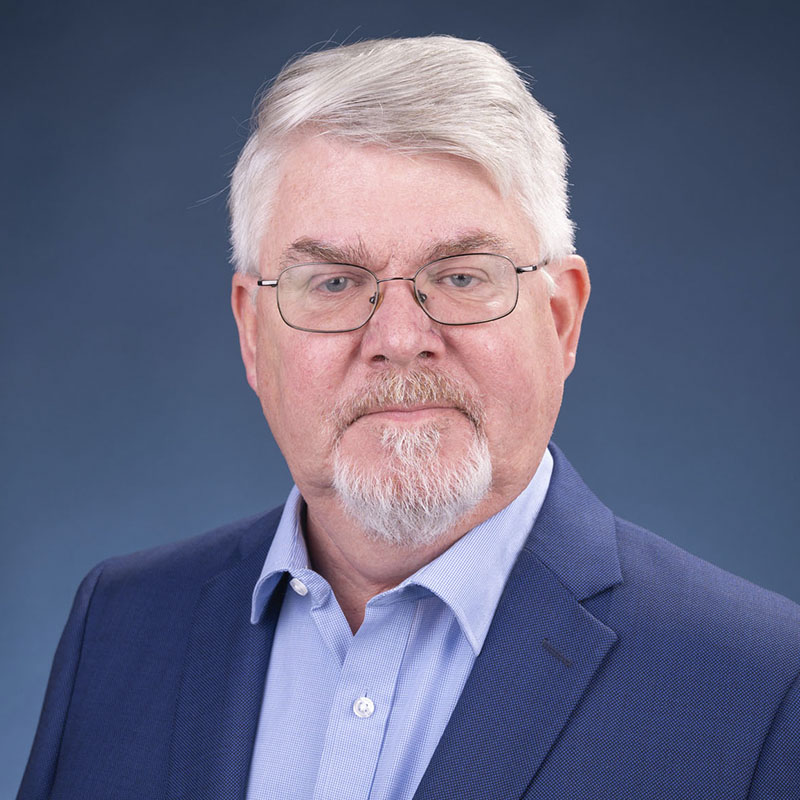His ancient monument (the Ramesseum) lies in ruin, but Egyptian Pharaoh Ramses II is remembered in Shelley’s ironic verse as Ozymandias. What can he teach us?

The remains of an Ozymandias statue at the Ramesseum of ancient Thebes in Egypt.
Some years ago, my family had the chance to visit the region of ancient Thebes in Egypt. This includes the temples of Luxor and Karnak, and the nearby Valleys of the Kings and Queens.
Thebes was at times the capital of Egypt and possibly the largest city in the world. It is also where Pharaoh Rameses II built his monumental memorial temple, the Ramesseum.
Rameses II: From awe to ridicule
Rameses II, who ruled during the 1200s B.C., was possibly Egypt’s most powerful pharaoh. He wanted the world to remember him with awe.
During his long life, he had many statues, temples and memorials dedicated to himself.
He even had his name engraved over the names of previous pharaohs so their monuments would serve his glory. He insisted that the hieroglyphs on his stone memorials be carved much deeper than those of previous kings so that his name could not easily be carved over, as he had done to others, and so the engraving would resist the erosion of time.
The Ramesseum
The Ramesseum must have been most impressive in its time, but today it is little more than broken stones, a giant hand here, a piece of leg there, a scornful decapitated face beyond. For all his pride and power, Rameses, when he’s remembered at all, inspires not awe, but perhaps a touch of ridicule.
Immortalized in verse as “Ozymandias”
The English romantic poet Percy Bysshe Shelley preserved this irony in verse in his most famous sonnet “Ozymandias,” a Greek version of Rameses’ name:
I met a traveller from an antique land
Who said: “Two vast and trunkless legs of stone
Stand in the desert. Near them, on the sand,
Half sunk, a shattered visage lies, whose frown
And wrinkled lip, and sneer of cold command,
Tell that its sculptor well those passions read. …
And on the pedestal these words appear:
‘My name is Ozymandias, king of kings:
Look on my works, ye mighty, and despair!’
Nothing beside remains. Round the decay
Of that colossal wreck, boundless and bare
The lone and level sands stretch far away.”
God’s perspective of Ozymandias, king of kings, and all men
No matter how mighty, wealthy or beautiful people may think themselves, they remain fallible, mortal creations of God, subject to time and to His will.
King David wrote in Psalm 62:9: “Surely men of low degree are a vapor, men of high degree are a lie; if they are weighed on the scales, they are altogether lighter than vapor.”
How easy it is for human beings to be distracted by the passions and pride of life, and by foolish comparisons with one another. God would have us remember how limited we are, and how we rely on Him for everything we are and have and may accomplish.
The only way to escape the fate of Rameses, and all flesh, is a transformation to spirit that can only be the gift of God.
The apostle John concluded: “The world is passing away, and the lust of it; but he who does the will of God abides forever” (1 John 2:17).
Eventually everyone will learn this, even Rameses.





